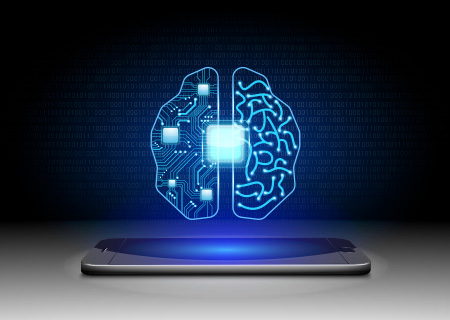Cognitive Computing – Understanding the Concept
In the today’s digital transformation age, we use the computers for high-end data processing and making calculations. Most of the computers can capture, move, and store the data.
But as of now, they cannot understand what does the data mean.
For example, the computers are well ahead and best for processing applications, but are not able to accomplish some of the most basic tasks such as recognizing water or milk inside a glass or determining a potato or tomato from a basket of vegetables.
The Cognitive Computing actually deals such kind of intelligence among the computers.
The term “Cognitive Computing” was brought into existence by IBM for the machines that can interact and think like humans.
Consider a scenario for banking systems, where fraud detection and security is the most primary concern. Cognitive computing can help such banking companies to identify the risks and frauds before taking critical transactional decisions.
The cognitive computing may include the following components:
1. NLP (Natural Language Processing): It is the ability to understand the human speech and linguistics as they are spoken.
2. Machine Learning: The ability of the computers to learn without being explicitly programmed.
3. Deep Learning: A branch of machine learning based on a set of algorithms that attempt to model high-level abstractions for recognizing patterns.
4. Emotional Intelligence: The ability to identify and manage the situations by understanding the emotions.
5. Big data processing and Analytics: The process of examining large data sets to uncover hidden patterns, unknown correlations, preferences and other useful information.
The trending examples of Cognitive Computing are the personal assistants namely Siri, Cortana and Google Now which are quite easy to use and quickly adapt to our spoken language.
The Google DeepMind and IBM Watson are the leaders in the cognitive computing area.
Cognitive computing cannot be an individual outcome, instead, the role of Big data and Analytics is of primary importance. Big data gives the ability to store enormous amounts of data whereas Analytics gives the ability to predict what is going to happen, succeedingly Cognitive Computing gives the ability to learn from further interactions and recommend best actions.
(Image Source: www.ibmbigdatahub.com)



